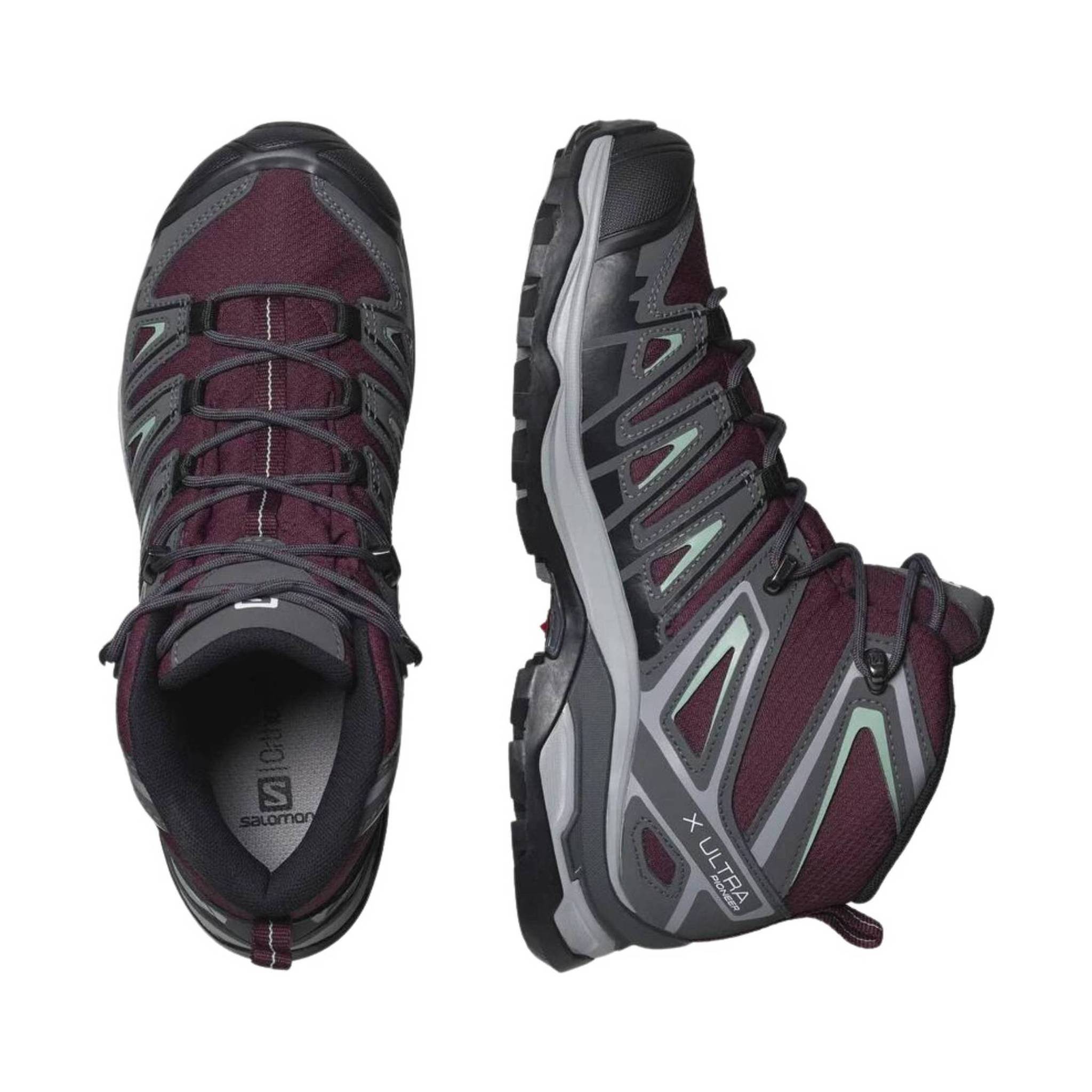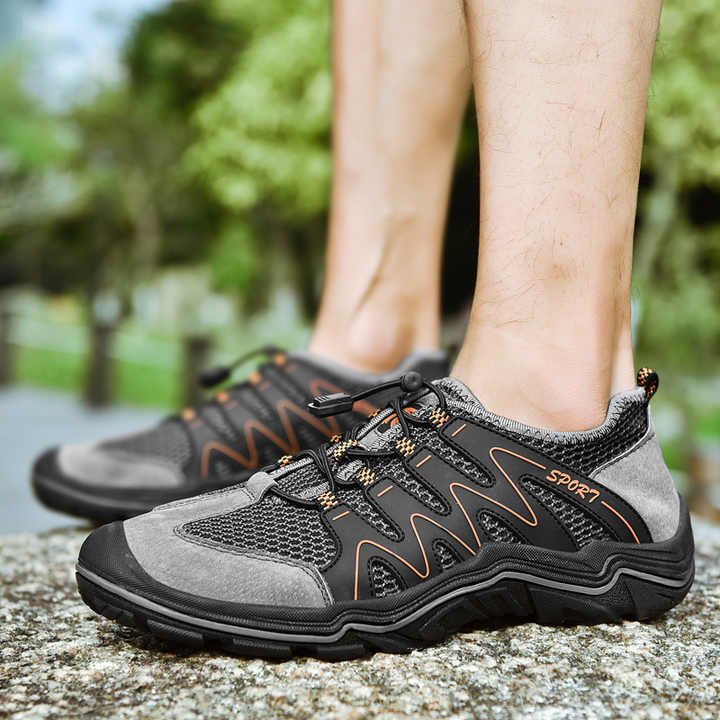Hiking is a great way to stay active and explore nature, but it can also be tough on your feet if you don’t have the best hiking shoes women. Hiking shoes are essential for any outdoor adventure, providing support and protection for your feet as you navigate rough terrain. For women, it’s important to choose the best hiking shoes that provide the perfect fit and comfort. With so many options available, it can be overwhelming to find the ideal pair. To help you make the best choice, we’ve put together a guide on how to choose the best hiking shoes for women.
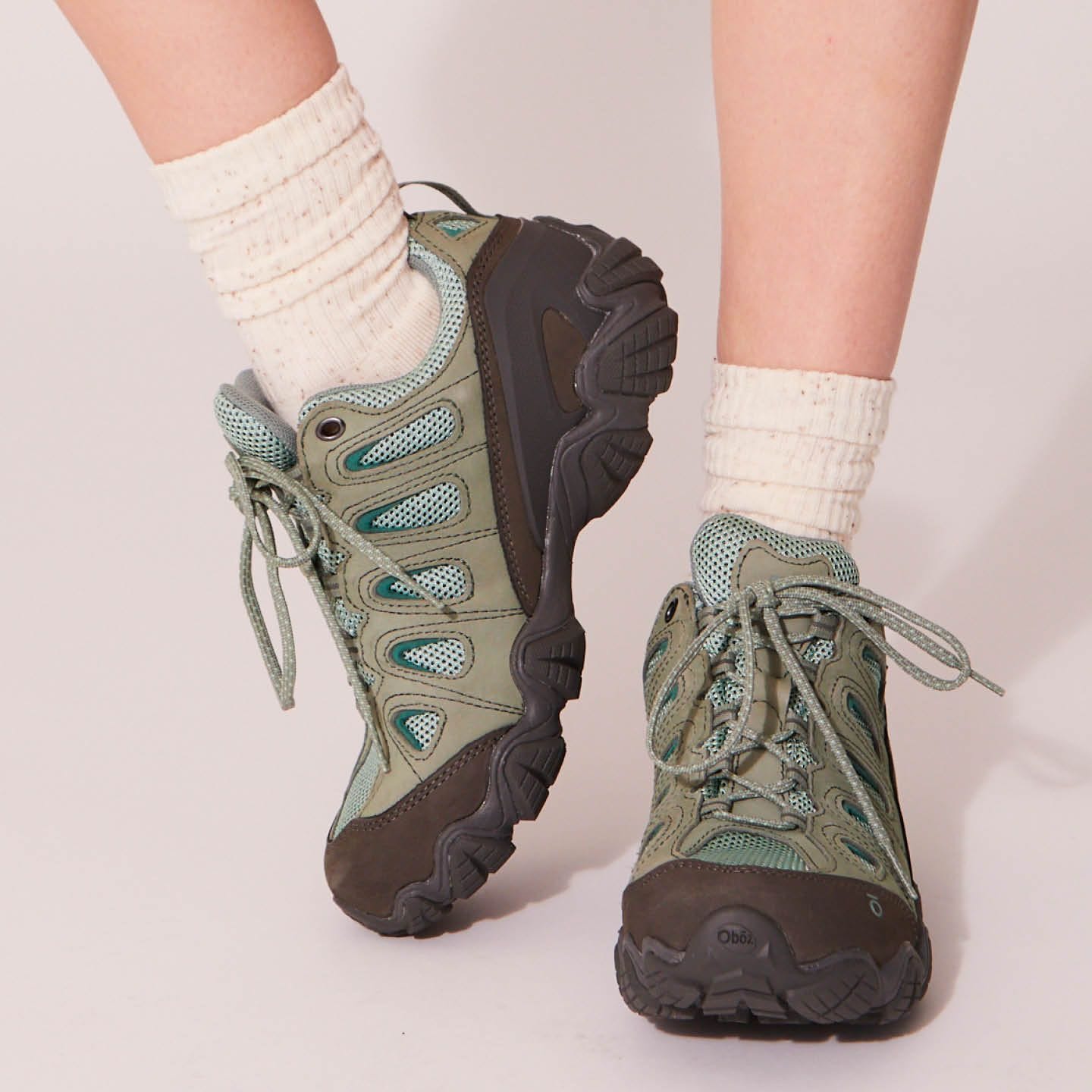
Consider the Terrain
One of the first things to consider when choosing hiking shoes is the type of terrain you’ll be tackling. Different hiking shoes are designed for different types of terrain, so it’s important to match your shoes to the terrain you’re planning to explore. If you’ll be hiking on mostly flat, well-groomed trails, a lighter and more flexible shoe may be suitable. However, if you’ll be navigating rocky and uneven terrain, a sturdier and more supportive shoe is essential to protect your feet from potential injury.
Choose the Right Fit
Finding the right fit is crucial when it comes to hiking shoes. Ill-fitting shoes can lead to blisters, discomfort, and even injury, so it’s important to take the time to find the perfect fit. When trying on hiking shoes, be sure to wear the same type of socks you’ll be wearing while hiking. Look for shoes that have a snug fit without being too tight, and make sure there is enough room in the toe box to wiggle your toes. It’s also important to walk around in the shoes to ensure they provide enough support and stability for your feet.
Consider Waterproofing
Depending on the weather and terrain you’ll be hiking in, waterproofing may be an important factor to consider when choosing hiking shoes. Waterproof shoes can protect your feet from getting wet in damp and rainy conditions, keeping you comfortable and preventing blisters. However, it’s important to note that waterproof shoes may not be as breathable as non-waterproof options, so it’s important to consider the trade-offs based on your hiking conditions.
Look for Support and Stability
Hiking can be tough on your feet, so it’s essential to look for shoes that offer good support and stability. Look for hiking shoes that have a supportive midsole and a firm heel counter to prevent your foot from rolling. A well-cushioned insole can also provide added comfort and support, especially on longer hikes. Additionally, ankle support can be important, especially if you’ll be hiking on uneven terrain, so consider choosing shoes that provide ankle support if needed.
Consider the Weight
The weight of your hiking shoes can have a significant impact on your overall comfort and performance while hiking. Lighter shoes are often more comfortable and easier to move in, making them a great option for shorter hikes and well-groomed trails. However, if you’ll be tackling rough terrain and carrying a heavy pack, a sturdier and more supportive shoe may be necessary, even if it weighs a bit more. It’s important to balance the weight of the shoes with the level of support and protection needed for your particular hiking adventure.
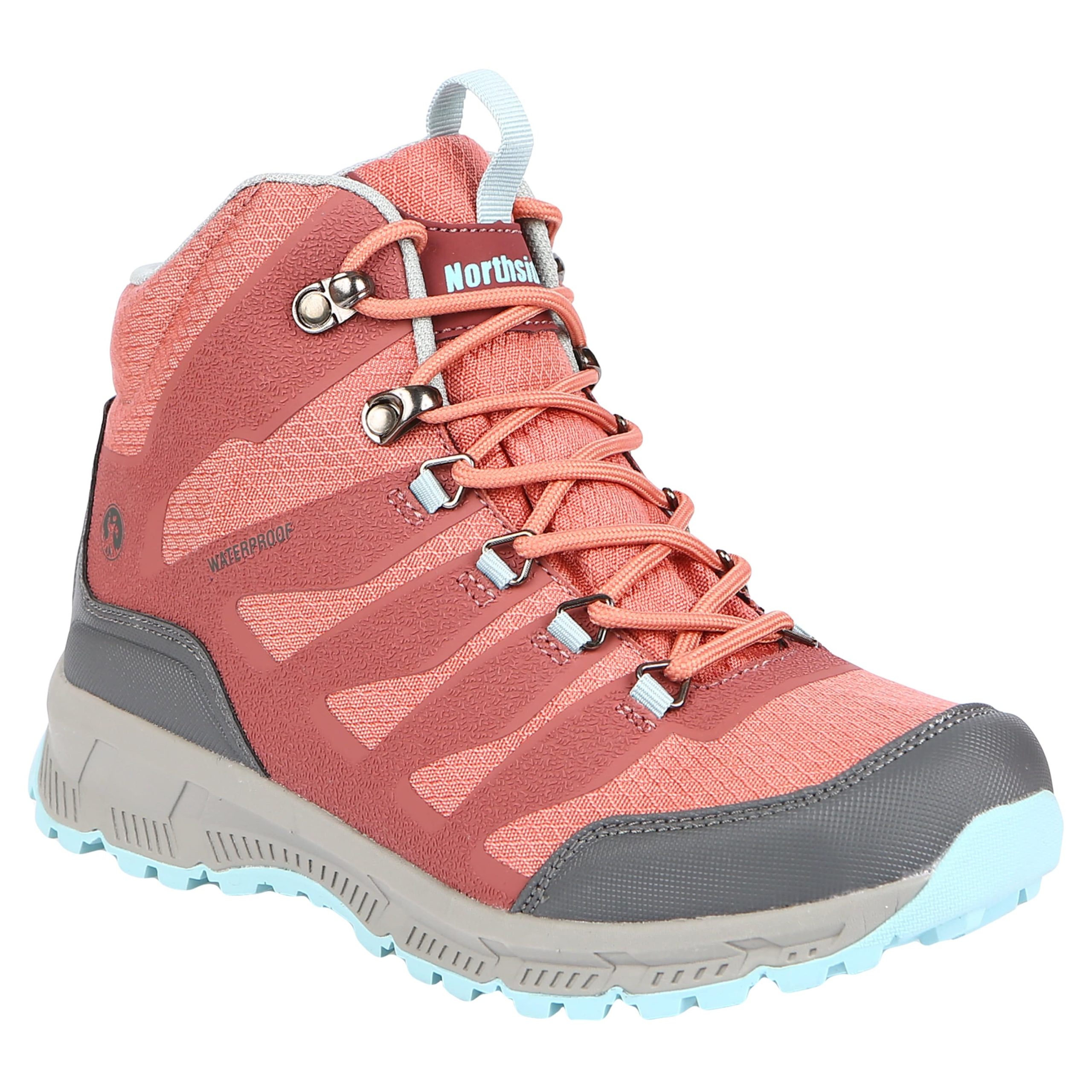
Choose a Reputable Brand
When it comes to hiking shoes, it’s important to choose a reputable brand that is known for producing high-quality outdoor footwear. Reputable brands often use durable materials and innovative technology to create shoes that provide comfort, support, and durability for outdoor enthusiasts. Do some research on different brands and read reviews to get an idea of which brands have a good reputation for producing reliable hiking shoes for women.
How to clean the best hiking shoes women
Hiking is a great way to experience nature and get some exercise, but after a long day on the trail, your hiking shoes can get dirty and smelly. Properly cleaning your hiking shoes is important for extending their life and keeping them in good condition.
Removing Dirt and Mud
One of the most common issues with hiking shoes is dirt and mud buildup. To remove these, start by gently knocking the shoes together to loosen and remove any loose dirt or mud. Use a soft-bristled brush to gently scrub away any remaining particles. Avoid using a hard-bristled brush or anything abrasive, as this can damage the material of the shoes.
For stubborn dirt or mud stains, mix a small amount of mild detergent with warm water and use a sponge or soft cloth to gently scrub the affected areas. Be sure to rinse the shoes thoroughly to remove any soap residue. Avoid putting your hiking shoes in the washing machine, as this can damage them.
Cleaning the Outsoles
The outsoles of your hiking shoes can also get caked with dirt, mud, and other debris. To clean them, use a stiff-bristled brush to scrub away any buildup. If there are small crevices or grooves that are difficult to clean with a brush, use a toothbrush or a small pick to remove the debris.
After cleaning, rinse the outsoles with water to remove any lingering dirt or soap. Be sure to dry the shoes thoroughly before wearing them again to prevent slipping.
Drying Your Shoes
After cleaning your hiking shoes, it’s important to dry them properly to prevent mold and mildew from forming. Remove the insoles from the shoes and let them air dry separately. Stuff the shoes with crumpled paper or a shoe tree to help them maintain their shape and absorb moisture.
Avoid drying your hiking shoes with direct heat, such as a hairdryer or radiator, as this can damage the materials. Instead, place them in a well-ventilated area and allow them to air dry naturally. Depending on the material of your shoes, it may take 24-48 hours for them to fully dry.
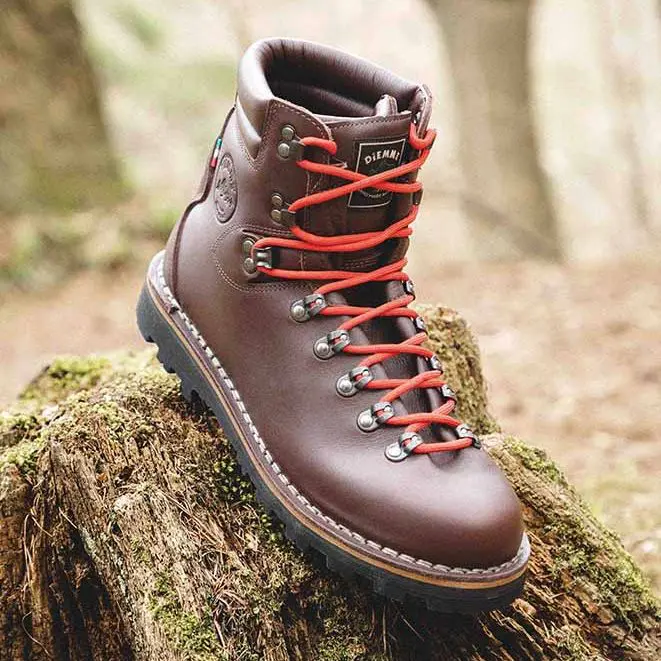
Freshening Up the Inside
Over time, hiking shoes can start to develop an odor from sweat and bacteria. To freshen up the inside of your shoes, sprinkle baking soda or a specialized shoe deodorizer inside and let it sit overnight. The next day, simply shake out the excess powder or use a vacuum cleaner to remove it.
If your insoles are removable, you can wash them separately with a mild detergent and warm water, then let them air dry. This will help eliminate odors and keep your shoes smelling fresh.
Storing Your Hiking Shoes
Proper storage of your hiking shoes is important for maintaining their shape and preventing damage. Store them in a cool, dry place away from direct sunlight and heat. Avoid leaving them in a hot car or damp environment, as this can cause the materials to deteriorate.
If your hiking shoes have Gore-Tex or other waterproof membranes, avoid storing them in an airtight container or bag, as this can trap moisture and lead to mold and mildew growth. Instead, store them in a breathable container or shoe bag.
Conclusion
Choosing the best hiking shoes for women involves considering a range of factors, including the terrain, fit, waterproofing, support and stability, weight, and brand reputation. By taking the time to carefully assess these factors, you can find the perfect pair of hiking shoes that will keep your feet comfortable and protected on all your outdoor adventures. Whether you’re planning a short hike on flat terrain or a multi-day trek through rugged wilderness, the right hiking shoes can make all the difference in your hiking experience. With the right pair of hiking shoes, you can enjoy the great outdoors with the confidence that your feet are well taken care of.
